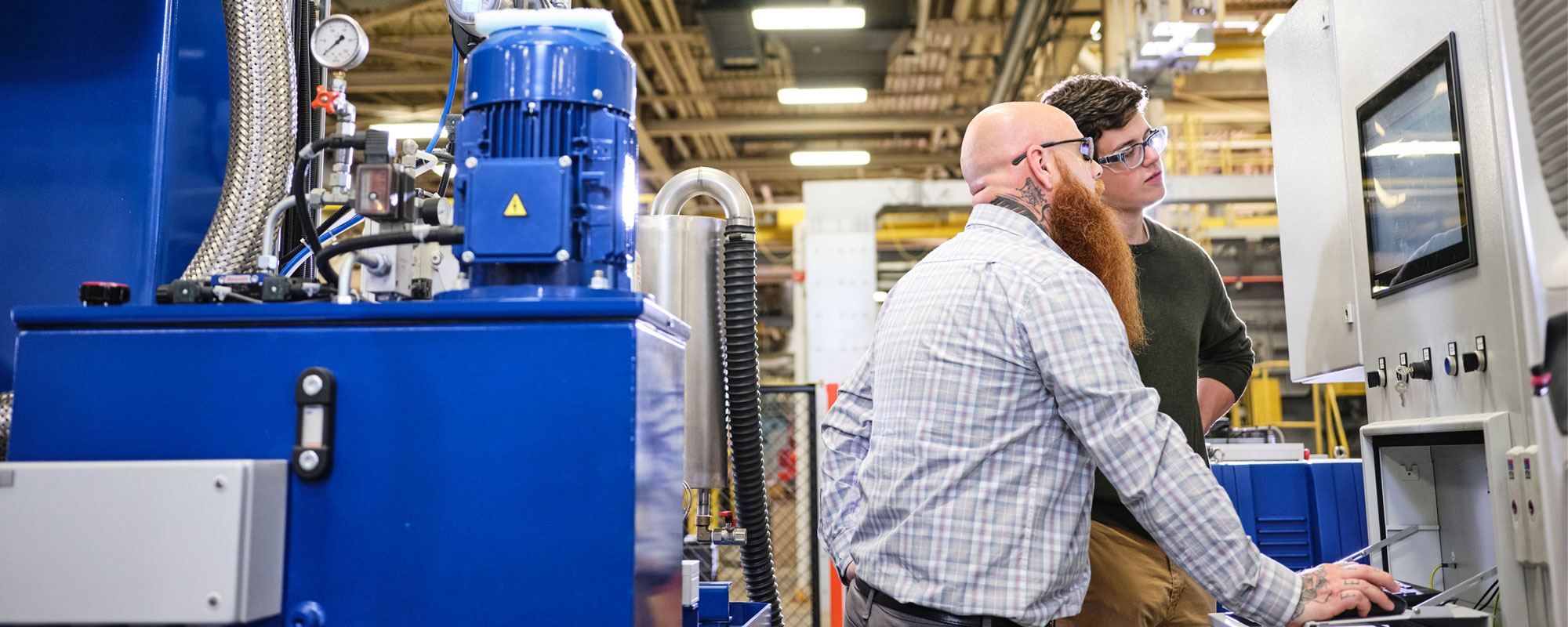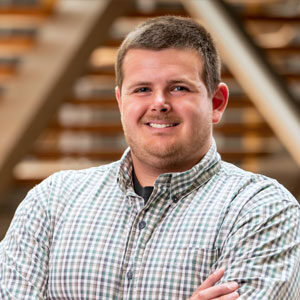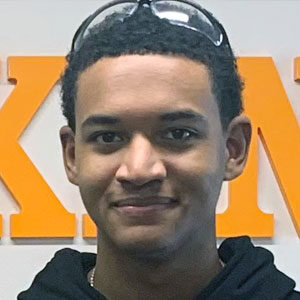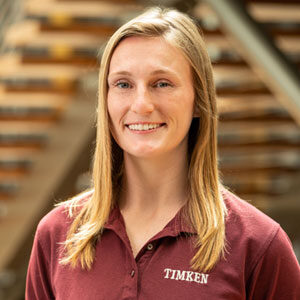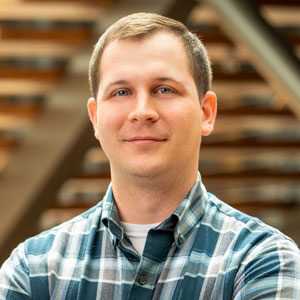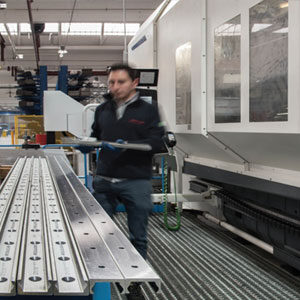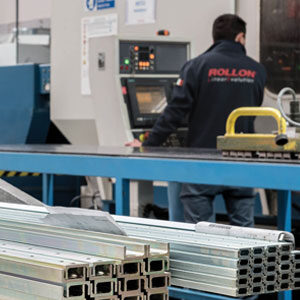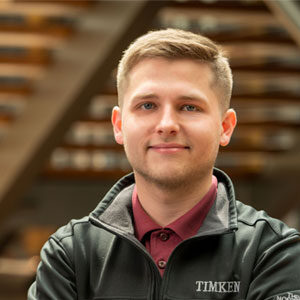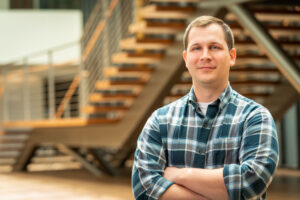Talent
Today’s Apprentices, Tomorrow’s Leaders
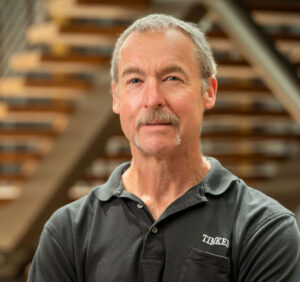
Randy Kiko, a former apprentice, today manages Timken’s R&D prototype shop and tool room.
Randy Kiko joined Timken 43 years ago as an apprentice. He is one of many former and current apprentices that play a crucial role in developing, manufacturing and delivering Timken solutions worldwide. Today he leads the company’s global prototype team, which manufactures novel bearing products to advance efficiency in industries like renewable energy and electric vehicles.
While many engineering companies have migrated toward hiring only college graduates, Kiko says he is proud that Timken remains invested in directly training students to become the next generation of technical engineering, manufacturing and R&D experts. Apprenticeships help those who prefer a career in the trades to start building a Timken career as early as high school.
Kiko has observed a widespread misconception that pursuing college is the only path to a successful career. “That’s not true at Timken,” he says. “We need people who like working with their hands to help create new solutions. They turn engineering theory into real-world products and processes.”
Critical work, real-world impact from the very start
At its World Headquarters, Timken offers two highly competitive programs—an apprenticeship for high school graduates enrolled in trade school, and a technical career training program for vocational high school students. From their first day onward, program trainees are paid and exposed to the R&D aspects of various manufacturing disciplines, from heat treatment to machining to finishing processes.
They gain early experience contributing to a team and solving challenges, often in areas they’ve dreamed about since childhood. Dane Brahler, a former apprentice and current Timken process development engineer, was fascinated with airplanes as a child. He considered a career in avionics. Instead, he entered the technical training program.
“I got to work on a team that developed the finishing processes for Timken ceramic hybrid bearings used in aircraft engines,” says Brahler. “It was a great opportunity.”
Where Are They Now
Timken apprentices go on to have diverse responsibilities,
from supervising a lab to collaborating with customers on new product designs.
At Aerospace Drive Systems, a Timken subsidiary that builds transmission and precision gear systems for aircraft like firefighting helicopters, apprentices shadow seasoned CNC machinists. They work under close supervision before eventually running their own precision components in the company’s state-of-the-art production facility.
Kiko notes that while apprenticeships help launch careers, they also allow Timken to identify, train and hire highly qualified workers. “We collaborate with schools to identify and refer students talented in math, shop class activities and team skills. It’s a good formula—80% of our apprentices are offered Timken positions at the end of their training.”
Rollon, another Timken company that engineers linear motion systems, takes a similar approach to investing in its future workforce. It offers two apprenticeship programs: one in warehousing and the other in business functions like sales, supply chain and human resources.
Sixteen years ago, Stefan Schmelter became Rollon’s first warehouse apprentice in Germany. He now supervises that warehouse, where 30% of the team are former apprentices.
Work-study flexibility advances skills, careers
Across the company, many apprentices choose to take advantage of tuition reimbursement and schedules that permit working and going to school at the same time. Schmelter completed his A-level education during his Rollon apprenticeship. Brahler earned associate’s and bachelor’s degrees in mechanical engineering technology as a trainee.
Apprentices still in high school split their time equally between courses and work and are provided an hour of study time daily while at Timken. Those already in a post-secondary trade school also have flexible hours to work around their classes.
And while pursuing higher education isn’t an apprenticeship requirement, Kiko acknowledges that many applicants are drawn to the program because it makes college a possibility.
“Rising costs have put university out of reach for many families,” he says. “We’ve had many bright apprentices say this was their only opportunity to attend college. Some have used their education to move into more advanced roles in engineering and manufacturing. It can be life changing for individuals and their families.”
Read more about how we recruit, train, invest in and learn from the next-generation of engineers, Timken Co-Ops.
Published: 2022/07/27
